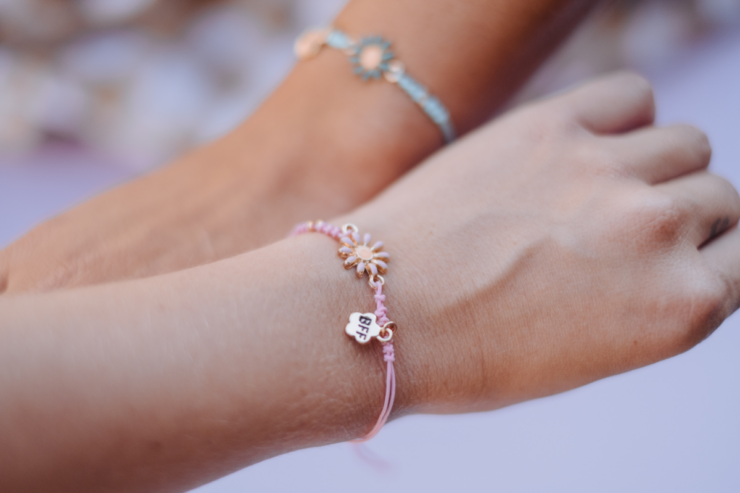Trust is an essential foundation for any friendship. However, as it is with all intimate and personal relationships, arguments and disagreements are inevitable, all of which are some of the factors that contribute to loss of trust. Knowing how to handle such impediments speaks volumes about your character and the bond in your relationship. In such low times in your relationship, you can find ways to ensure your friend trusts you again by resolving conflict on a lasting note. Here are some tips that can help in regaining trust in friendship.
Regaining Trust in Friendship by Accepting Mistakes
The first step to regaining trust in friendship is accepting your mistake if you are in the wrong. As you acknowledge your wrongdoing, you must note that you cannot control another person’s reaction to your confession. Therefore, you should be ready to deal with whatever reaction the other party will portray. Taking responsibility for your actions does not mean the reaction will be positive. Thus, getting angry when your confession is received negatively only strains your relationship more. You need to develop some self–control and wait to let the other party absorb the information.
Tender a Heartfelt Apology
If your friend is keen, they will notice an insincere apology. An insincere apology makes regaining trust in friendship even more difficult. Therefore, you need to avoid words such as ‘but’ when making an apology. A sincere apology should not contain any excuses or justifications. Taking full responsibility for your actions means acknowledging your mistakes and avoiding any defensive statements. Nobody wants to hear an apology such as, “yes, I know I was wrong, but you did this first.” Therefore, if you intend to mend fences and take steps towards regaining trust in friendship, ensure your apology is genuine.
Patience
If you realize that you have wronged the other party right off the bat, the first instinct is to try and make amends immediately. However, sometimes this should not be the case. Hurrying your friend into forgiving you may compromise on the trust you have built. They may need time to process the situation and figure out how they want to go about it. Just because you want to move on from it does not mean the other party wants the same. Therefore, you need to give them time to process the hurt you have caused them. If possible, give them space by staying away.
Suppose you have tendered an apology that is some pressure off your back. So, you need to step back and develop strategies to ensure the mistake does not reoccur. After apologizing, notify your friend that you will be giving them time to think things through, especially if they react negatively to your explanation and apologies.
Empathize With Your Friend
If you have been wronged, it is okay to feel betrayed, but also you need to put yourself in your friend’s shoes. It would be best if you kept in mind that you are not immune to making mistakes either. Therefore, you need to treat your friend how you would like to be treated if you were the one in the wrong. Regaining trust in friendship includes forgiving first to avoid lingering grudges that may ruin the friendship entirely. You need to give them a chance to make things right and hold yourself to some standard by recognizing that mistakes happen in a relationship.
To take steps towards regaining trust in friendship, you need to ask yourself pertinent questions such as:
- Would you like to be judged harshly through your mistakes?
- How would you like your mistakes to reflect in your relationship?
- How would you like to be treated if you were on the receiving end?
Do Not Be Too Quick to Throw a Friendship Away
Once we are wronged, we are always quick to pass judgment and disown the friendship. However, this should not be the case. Long-term relationships are usually torn apart due to small indiscretions that can be rectified. Therefore, before passing judgments about your friendship status, you need to ascertain whether the friendship can be salvaged.
Think of the sacrifices you have put into the friendship and what the cost of throwing it all away would be. Will you regret the spontaneous decision later? If so, you do not have to decide when emotions are running high. Take some time to analyze the situation. It may be difficult to see the bigger picture instantly; however, it is essential to focus on it if it is what will cost your beautiful friendship.
Final Take
While some people take pleasure in solitude, some of us value friendships and would love to keep a genuine friendship circle. We find unconditional support in friendships during hard times and enjoy a good laugh during happy times. These friendships help us find out who we are and what we stand. Thus, they are worth salvaging.











